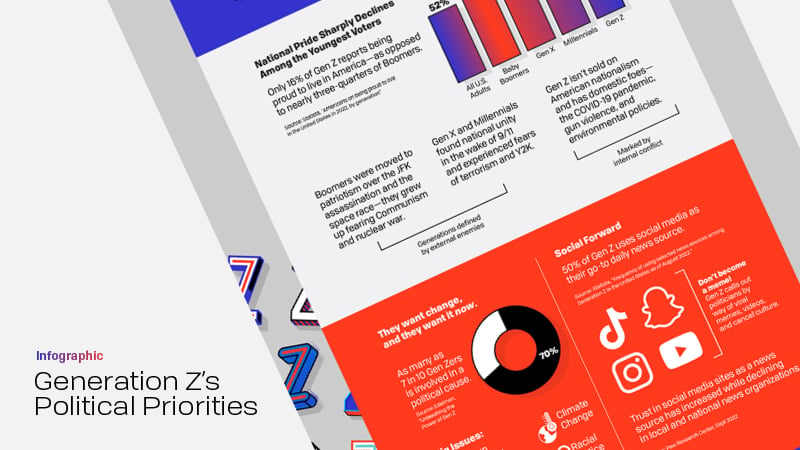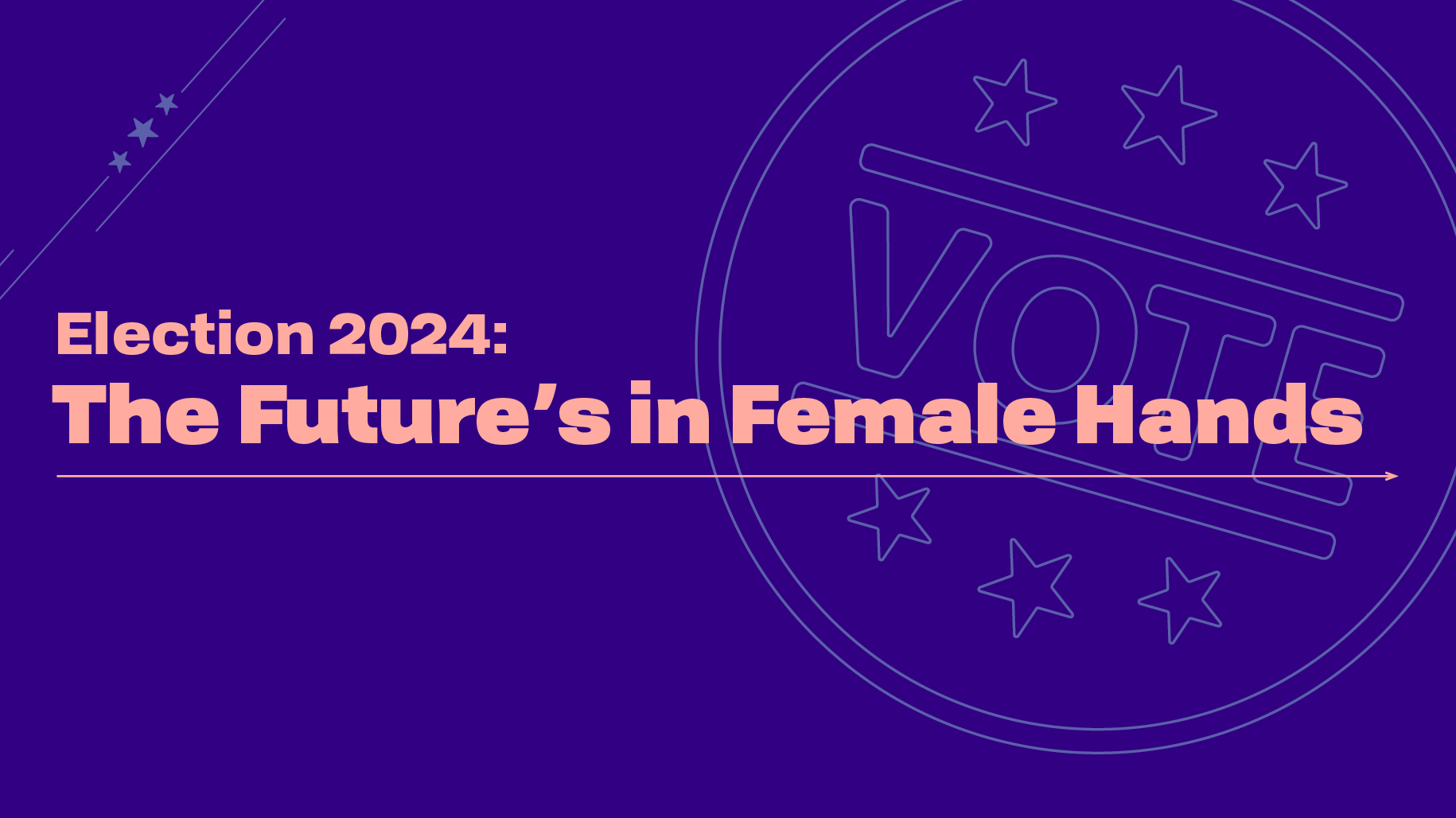With the 2024 election cycle in full force and pundits hedging their bets saying who wins and who loses, it all comes down to the undecided voter. If that’s the case, how will politicians win hearts and minds? Meta's recently announced it would no longer "proactively recommend content about politics," aiming to enhance the user experience and give users more control over exposure to political content. However, the vagueness surrounding the definition of "political content" has left audiences and advertisers both grappling with uncertainty.
The Evolving Role of Social Media in Political Marketing Campaigns
Social media's influence on political campaigns has evolved dramatically since its nascent days. Barack Obama's groundbreaking use of Facebook during his 2008 presidential campaign underscored the platform's potential for direct voter engagement and fundraising. Over the years, social media platforms, including those under Meta's umbrella, have become essential components of political advertising, with a projected $62.7 billion in ad spend on Meta platforms alone in 2024.
Navigating the Complexities of Meta's Political Marketing Policy Changes
Meta's decision to curb political content recommendations comes at a crucial juncture, with concerns over misinformation and polarization looming large. However, the lack of clarity regarding what constitutes "political content" and the absence of new restrictions on political advertising have raised questions about the implications of Meta's move. The company's aim to create a more enjoyable and engaging user experience aligns with broader efforts to mitigate the spread of misinformation. It also speaks to the importance of brands, in this case, politicians, formulating and posting their own, this will enhance organic search and authenticity.
The Impact of Meta's Shift on Political Marketing Strategies
For campaigns, Meta's policy shift could necessitate a reevaluation of their strategies. The reduced visibility of organic political content on Instagram and Threads may compel campaigns to prioritize gaining followers and leveraging user-generated content. Additionally, the reliance on paid advertising to reach new audiences underscores the importance of adapting to the evolving landscape of social media campaigning especially when trying to reach Gen Z and undecided voters.

Future Directions for Political Marketing in the Changing Social Media Landscape
As Meta's announcement reverberates throughout the political advertising landscape, campaigns must adapt to the changing dynamics of social media platforms. Whether this shift results in a less cluttered environment for paid ads or poses challenges for organic content remains to be seen. However, political advertisers must navigate this new terrain strategically to effectively engage with voters, and successfully drive their campaign objectives.
This announcement highlights a fundamental truth this political season (always): Change is constant. To remain relevant and connected with constituents, it is essential to craft a campaign strategy rooted in a diverse media mix. This mix should encompass not only social media platforms but traditional channels such as television, radio, print, and outdoor/out-of-home (OOH) advertising. Additionally, investing in email marketing campaigns, influencer partnerships, and grassroots organizations can further amplify your message and engage with a wider audience.
Harnessing the power of emerging technologies like augmented reality (AR), virtual reality (VR), and live streaming can provide unique and immersive experiences for voters. Combining these tactics with robust data analytics and targeting capabilities ensures campaigns resonate with the right segments at the right time.
Ultimately success in political marketing hinges on adaptability, agility, and teamwork. By embracing a multi-faced media mix strategy, backed by data-driven insights and strategic partnership, you are positioned to reach those on the fence and reinforce the convictions of those already committed.
Staying nimble isn’t easy, but having trusted partners, like Media Now, to get messaging out, helps. Media Now is here to help.








